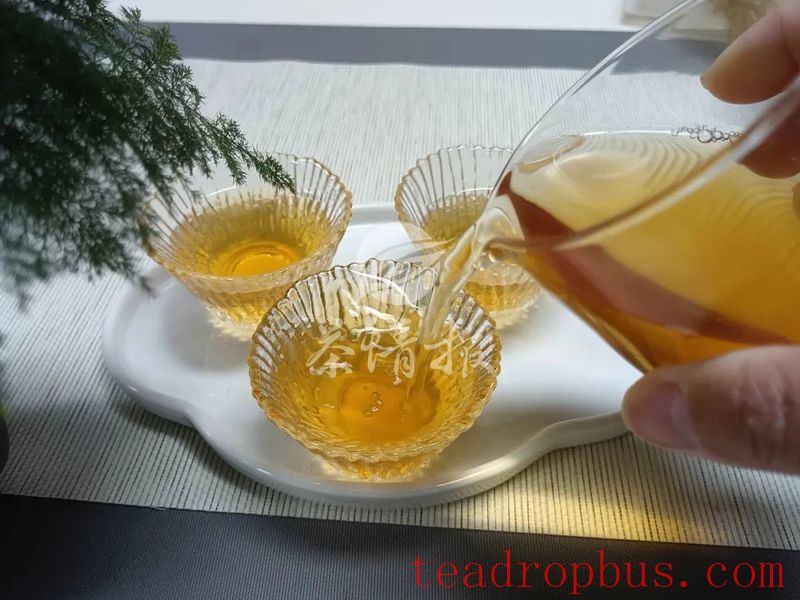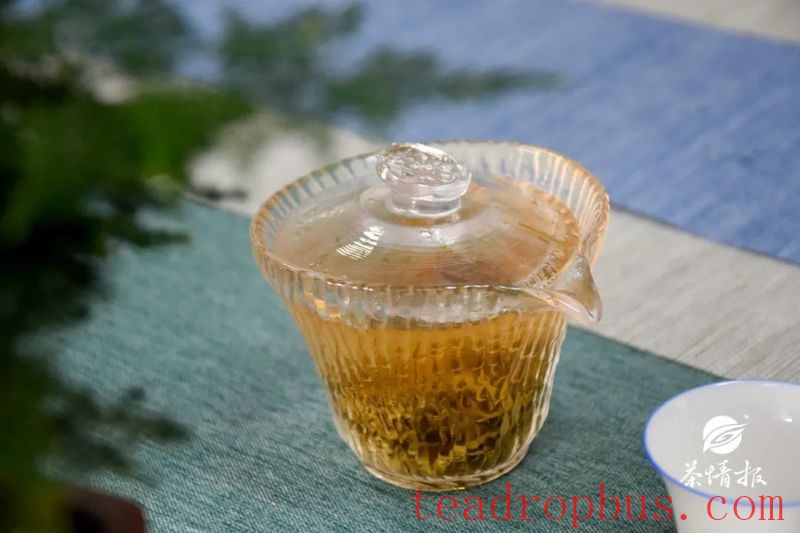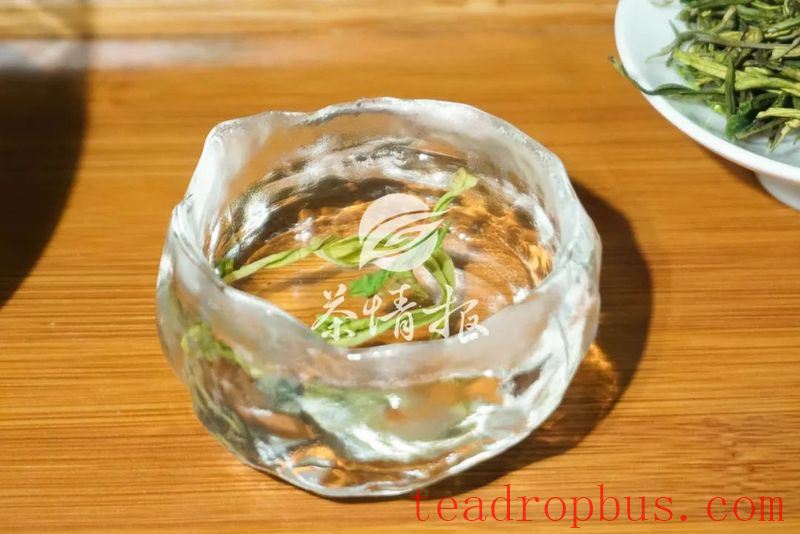Although it's just the beginning of summer, you can probably already feel the heat. People often turn to cold drinks to cool down, but Drinking Tea is actually more effective for heat relief, and it's also more beneficial than most beverages. On a scorching day, Brew a cup of fragrant tea, let its aroma fill the air, and enjoy a peaceful summer moment…

Tea is a Natural Beverage Without Additives
During the production process of tea, no additives are added. Its color, fragrance, and flavor are solely determined by the quality of the raw materials and the manufacturing process.
Many other beverages, on the other hand, are often enhanced with chemical substances like coloring agents, flavorings, and sweeteners to improve their sensory qualities. Sometimes, stimulants, anesthetics, or preservatives are also added according to the different purposes of the beverage.
Currently, over two hundred types of food additives are used in China. Experts recommend drinking less beverages containing chemical additives and opting for natural beverages instead, such as tea.

Drinking Tea Helps Cool Down and Quench Thirst
During the sweltering heat of summer, the cooling and thirst-quenching effects of tea far surpass those of most other beverages, thanks to the combined effects of various active components in tea.
The Caffeine in tea plays a significant role in regulating body temperature through the hypothalamus. Additionally, the aromatic compounds in tea act as a coolant, driving away heat through the skin pores as they evaporate. Drinking hot tea is particularly effective for cooling down and regulating body temperature in summer.
The caffeine in tea also has a diuretic effect. Moreover, the polyphenols, amino acids, water-soluble Pectin, and aromatic compounds in tea stimulate the oral mucosa and promote saliva secretion, effectively quenching thirst.

Drinking Tea Can Prevent Gastrointestinal Diseases
In the heat of summer, a slight lack of hygiene in your diet can lead to rapid bacterial growth, making summer a peak season for gastrointestinal diseases.
Scientific research indicates that tea possesses antibacterial properties and can help improve the structure of gut microbiota. Drinking tea not only inhibits the growth of harmful bacteria but also promotes the proliferation of beneficial bacteria, enhancing the immune function of the digestive tract.

Drinking Tea Can Supplement Potassium and Hydrate
Summer brings high temperatures and increased sweating, leading to the loss of large amounts of potassium salts. Physical exertion also results in the accumulation of metabolic byproducts such as pyruvic acid, lactic acid, and carbon dioxide, disrupting the body's acid-base balance and causing metabolic disorders and arrhythmia. This can lead to symptoms such as fatigue, drowsiness, reduced appetite, weakness, and even dizziness.
Tea contains potassium. Research using atomic absorption spectrometry has found that the average potassium content in black tea is 24.1 mg per gram of tea infusion, 10.7 mg for green tea, and around 10 mg for Tie Guan Yin (Iron Goddess) Oolong tea.
Drinking tea in summer helps replenish potassium, which is crucial for maintaining normal osmotic pressure and acid-base balance within cells, supporting normal physiological metabolism. This is why drinking tea is especially beneficial during the sweaty summer months.

If there is any infringement, please contact us for deletion.